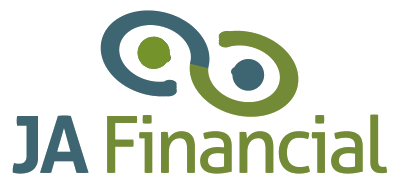Pensions are essentially savings plans, whereby you can avail of tax relief to assist you in your endeavours to ensure that when you reach retirement age you are not going to be destitute! The older you are, the higher the tax relief that you can claim – please note there are earning caps applicable.
| Your age | % of your income you can get tax relief on |
| Under 30 | 15% |
| 30 to 39 | 20% |
| 40 to 49 | 25% |
| 50 to 54 | 30% |
| 55 to 59 | 35% |
| 60 or over | 40% |
As well as this your investment grows TAX-FREE and when you get to retirement you can avail of a TAX-FREE lump sum too in the vast majority of cases.
Whether you are planning for your retirement, about to retire or have already retired, we are here to advise you. As the very existence of state pensions come under threat and the age for receiving same increases, it is important now more than ever to plan properly & effectively to ensure you are prepared.
Accessing your old pensions:
Many clients need to access their pension – in many cases, once you have turned 50 years of age you have the option to access pensions that you previously had as an employee – self-employed clients can’t usually access their pensions until they are 60 years of age. For further info contact us.
When should I start my pension?
The younger you are the better it is to start as you would have a longer period of time to save for your retirement. The following simple calculator can give you an indication of how much your pension may be worth depending on your age and contribution levels:
Types of Pensions:
There are many different types of pensions – which one for you will depend on your current employment situation.
Personal Pensions:
Suitable for those who are self-employed\sole traders or those in non-pensionable employment.
Personal Retirement Savings Accounts (PRSAS):
Anyone who is resident in the Republic of Ireland with a PPSN number can take out a PRSA but only those with “relevant earnings” will be able to claim tax relief on the contributions.
Company Pensions:
Whereby an employer sets up a pension and must be willing to contribute to the plan.
Executive Pensions:
Whereby a Director (with at least a 5% shareholding) can take out a pension that can be funded entirely by company contributions or director contributions or a combination of both.
Personal Retirement Bonds:
Where employees have left employment or where the pension scheme is wound up. The trustees of the Scheme transfer the benefits into the persons own name enabling them to take full control over the scheme.
Annuities:
Whereby once retiring, you buy a guaranteed income for life – the amount of income depends on among other things, the size of your pension funds, your age, health and length that you want the payment to be guaranteed for.
AMRF’S & ARFs:
Approved Retirement Funds are post-retirement investment plans that allow you to continue to invest your pension fund in retirement and draw down money as you need it, rather than buying an annuity. It is an important area on which you should take advice as you may be giving up a guaranteed income for life.
Why not try this handy calculator
https://www.pensionsauthority.ie/en/lifecycle/useful-resources/pension-calculator/
And here are 10 reasons why pensions still make sense:
https://www.bline.ie/sites/retail/files/bline-content/why-pensions-still-make%20sense.pdf
Please feel free to contact us

